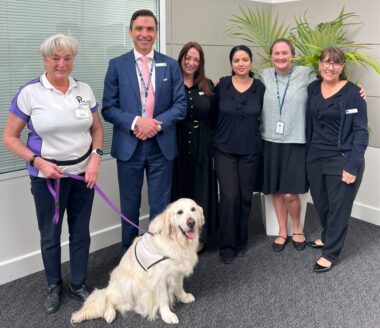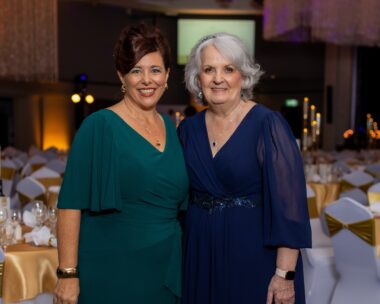The Independent Review into the National Disability Insurance Scheme report has been released.
Available to comment:
Associate Professor Libby Callaway, Occupational Therapy Independent Living Stream Lead: Rehabilitation, Ageing and Independent Living (RAIL) Research Centre Research Affiliate: Monash University National Centre for Healthy Ageing. Voluntary President of the Australian Rehabilitation and Assistive Technology Association (ARATA)
Contact details: +61, (0) 421 356 359 or [email protected]
Read more of Associate Professor Callaway’s commentary at Monash Lens
- How the NDIS works
- The need for an effective and sustainable NDIS
- Where to from here
The following can be attributed to Associate Professor Callaway:
“Key recommendations focus on four areas:
- Developing a unified system of support for people with disability
- Investing in markets and support systems that empower people with disability
- Ensuring stewardship of the unified ecosystem
- Focusing on a 5-year transition period.
“There is agreement that the NDIS has become an oasis in the desert of disability services, and redirecting funding to the scheme has left large gaps in mainstream services and unintended losses of past programs that benefit people of all ages and abilities, like state-based aids and equipment libraries or independent living centres. For these reasons, the NDIS has really become the only funding scheme available for people with disability to access the services and supports that they need, including young children with signs of early developmental delays.
“The diversion of state funding into the NDIS has also put increasing pressure on other systems - particularly the health system but also the housing system and informal carer networks, like ageing family members.
“We know there are growing hospital length of stay issues for people with the most complex needs who don’t have housing options to move to, and where the states used to support people with disability where a housing crisis occurred, like the unexpected death of an ageing parent providing support to their family member with disability, there are very limited options in this space now. I would like to think that the national cabinet agreements yesterday will in part address this but we await the detail to understand more.
“There has been a lot of media focus on fraudulent behaviour by providers, and at times participants, and it is also important to consider the role of the independent regulator of NDIS funded services – the NDIS Quality and Safeguards Commission. Whilst the NDIS funds services, supports and equipment for NDIS participants, the National Disability Insurance Agency and Dept of Social Services relies on the NDIS Quality and Safeguards Commission to provide regulatory oversight to the market.
“Government has recently increased investment in the Commission to enhance market oversight, and this will be important to both demonstrate what good NDIS service provision looks like, as well as identify and rapidly address fraudulent provider behaviour. For example, twin pricing, where there is one, lower price for a product or service for people outside the NDIS and then a higher price for NDIS funded supports or services is an issue that needs to be urgently addressed.”
For more Monash media stories visit our news & events site: monash.edu/news
For any other topics on which you may be seeking expert comment, contact the Monash University Media Unit on +61 3 9903 4840 or [email protected]



